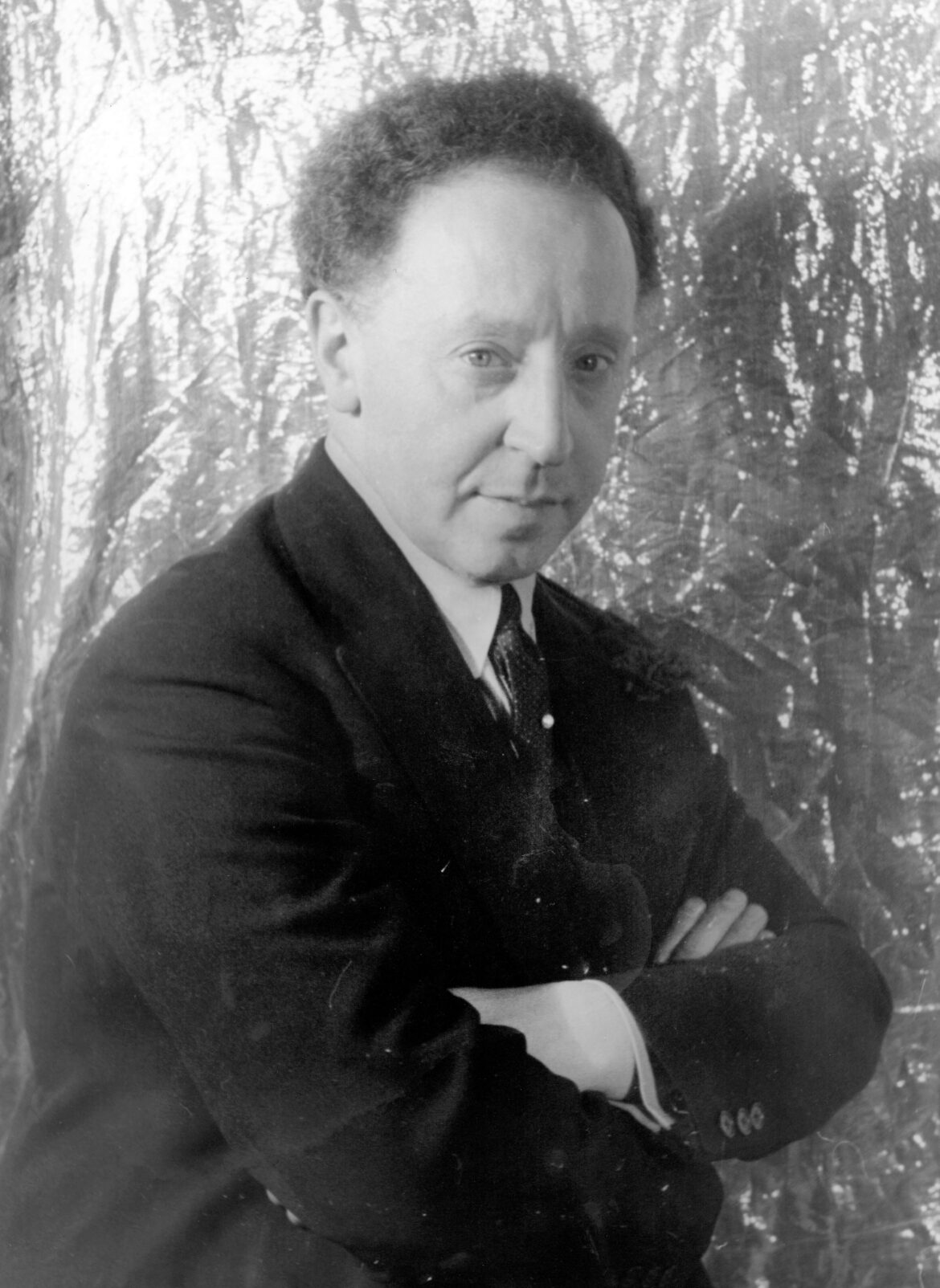Artur Rubinstein appeared over 6,000 times on stage in his career. The amazingly gifted pianist performed music of Fryderyk Chopin, Robert Schumann, Wolfgang Amadeus Mozart and Ludwig van Beethoven. He was friends with Karol Szymanowski and Pablo Picasso. Despite leaving Poland, he never forgot his country of origin.
Rubinstein was born on January 28, 1887 in Łódź (Polish province under Russian rule) to a Jewish family. His parents, wealthy Łódź citizens, immediately noticed an extraordinary musical talent in him. They sent him first to study in Łódź, and then in Warsaw.
Paderewski liked him
In 1897, the young pianist went to Berlin to train his skills. Three years later, his piano debut took place there. He gained recognition of the outstanding Polish pianist Ignacy Paderewski (a world-famous musician with great contributions to Poland’s regaining independence in 1918). Paderewski took a talented artist under his care. In 1904 Rubinstein moved to France. He toured the USA, Europe and South America and also gave concerts in Poland.
Against war and anti-Semitism
When Benito Mussolini issued anti-Semitic laws in 1938, Rubinstein canceled his concerts in Italy and returned the Italian decoration he had been given earlier. A year later he emigrated with his wife, Aniela, to the United States.
During World War II, he gave concerts to help refugees from Poland occupied by Germany and the Soviet Union. During the Holocaust, the German terror machine killed most of his family. Hence Rubinstein made his personal protest: after 1945, he never played a concert in Germany.
Rubinstein played the Polish national anthem in a gesture of protest
It was not the only pianist’s protest. In 1945, when the founding assembly of the United Nations was held, he noticed that Poland’s attributes were missing there.
– I said that in this hall where the future of the world will be arranged, I miss the Polish flag for which you fought. I cannot tolerate it, so I will play the Polish national anthem asking all to stand up – said Rubinstein.
Appreciated in Poland and in the world
He visited his homeland after WWII for the first time in 1958. He also visited Poland in the 1960s and 1970s giving concerts; he was involved in the 6th Frederic Chopin’s International Piano Competition.
The Academy of Music Fryderyk Chopin in Warsaw (today the Fryderyk Chopin University of Music) awarded him with an honorary doctorate. In 1971, he received the Léonie Sonning Music Foundation Award, which is extremely prestigious in the music world.
He passed away on December 20, 1982 in Switzerland. The urn with his ashes was buried on Mount Ora, near Jerusalem.





